The Donmar’s new show, The York Realist, dates from 2001. The programme notes tell us that the playwright, Peter Gill, ‘is one of the most important and influential writers and directors of the past 30 years’. Who wrote that? Not Peter Gill, I hope. The play, directed by Robert Hastie, follows a gay affair between a strapping Yorkshire cowherd and a sensitive London artiste. They meet while rehearsing an am-dram production of a mystery play set in a ruined abbey. Gay men will enjoy this charmingly acted production but it’s apt to bore the general audience because the characters are trite, the gay theme feels antiquated and the storyline is as light as a Post-It note.
It doesn’t help that Peter Gill writes like a newcomer at a creative writing weekend. He ignores Rule One of drama: a character without a motive is not a character. Gill sets his scene in a kitchen and he inserts five characters — Barbara, Jack, Doreen, Arthur and Mother — but gives none of them a dramatic purpose other than to be nice. Nothing’s at stake, no one has a mission, no one stands to gain or lose anything apart from a second cup of tea or a bit more cake. So the action burbles along with a lot of jolly chitchat about shirts, pies, kettles, biscuits, fences, milk, calves, and so on. In the background, the cowherd is eyeing up the artiste but nothing happens until the other characters have shoved off. Then they have sex.
Act Two is a little better. The characters have returned from the mystery play which daft young Jack mistook for a whodunnit. That’s not a bad gag. ‘Jesus was good,’ says Doreen. That’s funny as well because it has two meanings: ‘the actor playing Jesus was effective’ and ‘the son of God was virtuous’. However this long scene suggests that Gill hasn’t grasped Rule Two of drama: put your characters under pressure and oblige them to make choices that will catalyse change in themselves, or in others, or in both. No one is under any pressure here and no one is capable of change either, so the scene unfolds as another great wodge of jabber.
Time passes. Someone dies. The affair between the cowherd and the artiste develops unimpeded. Yes, unimpeded. This indicates that Gill hasn’t absorbed Rule Three of drama (which has particular relevance to romances): create as many snags as you reasonably can to hinder the consummation or continuation of a love affair. Gill creates no snags. The cowherd’s family appear not to know that he’s gay, or to care. His neighbours aren’t bothered either. And the artiste works on the London fringe, where everyone is gay unless otherwise stated. So the lovers are constrained by nothing other than their reluctance to explore the romance. Neither chap wants to travel 200 miles to see the other chap. And neither chap wants to move house. Oh dear. This impasse suggests that Gill that has overlooked Rule Four of drama: don’t create a storyline whose central dilemma can be solved by the purchase of a shag-pad in Coventry.
The B*easts is a fascinating monologue written and performed by Monica Dolan. She plays a therapist, Tessa, who counsels a mother charged with assaulting her eight-year-old daughter. The girl is a precocious extrovert who pesters Mum to buy her high heels and a padded bikini top. Tessa supports this decision, arguing that breasts represent more than erotic stimulation. They’re emblems of parenthood, nutrition and responsibility. The little girl goes one further and asks Mum for a boob job. Yes, says Mum. Off they fly to Brazil for surgery but when they return Mum is arrested and the child, with her new bust, is taken into care. (She’s also raped, although this adds an unnecessary dimension to a story that already teems with moral quandaries.)
Dolan’s script examines the sexualisation of little girls with a searching and often hilarious intelligence. She considers the whole issue of larger breasts. ‘The over-riding opinion seems to be that you are in charge of them somehow, that you must be responsible for them, or even that you thought of them yourself.’ Dolan gives Tessa such a wealth of natural and spontaneous gestures that it’s hard to believe this is a performance and not a documentary. But that turns out to be a mixed blessing. At previous shows, some viewers asked whether the story was true or satirical. And it’s commonplace nowadays for girls at primary school to enquire, ‘How soon can I get a boob job?’
These little nippers are the parents of the future and if they think breast implants are an acceptable indulgence, like a dolls’ house or ballet lessons, they’ll build their world accordingly. Our shock is irrelevant. The future looms, terrifying but ineluctable. Kiddie boob jobs ahoy.
Got something to add? Join the discussion and comment below.
Get 10 issues for just $10
Subscribe to The Spectator Australia today for the next 10 magazine issues, plus full online access, for just $10.
You might disagree with half of it, but you’ll enjoy reading all of it. Try your first month for free, then just $2 a week for the remainder of your first year.

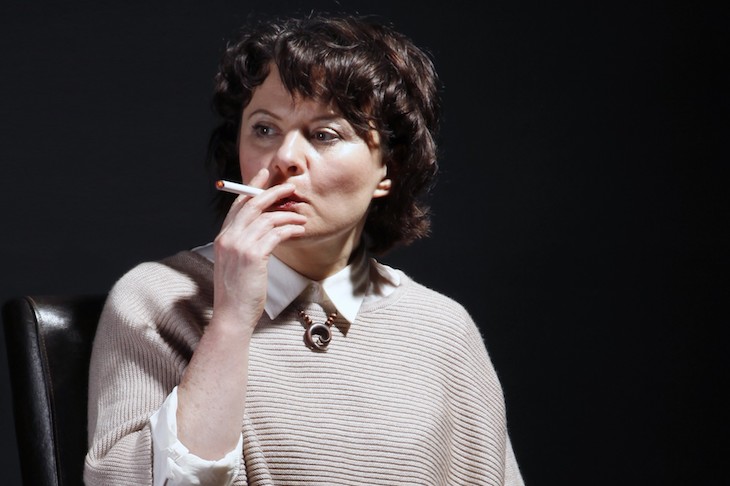
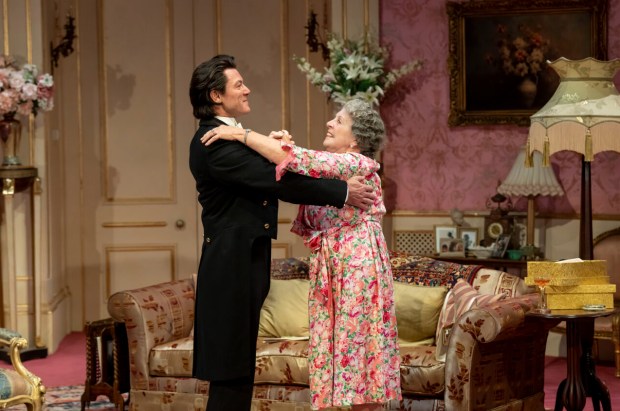
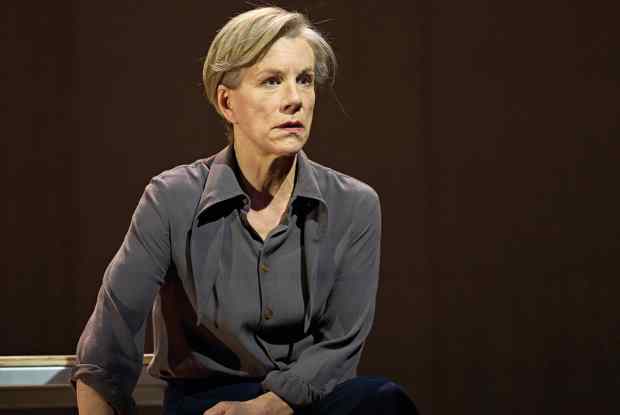
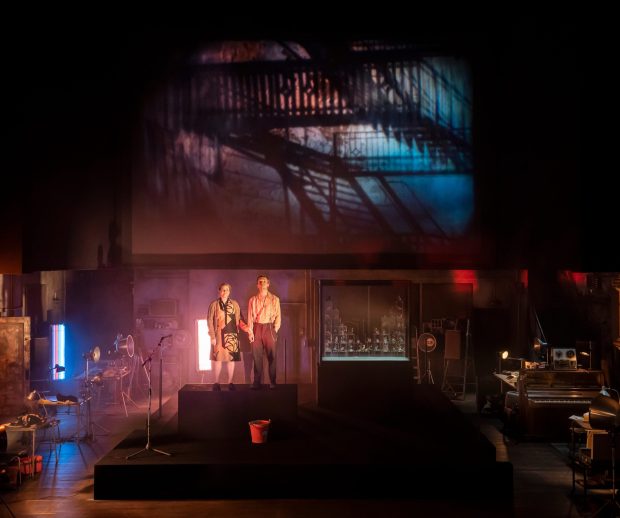


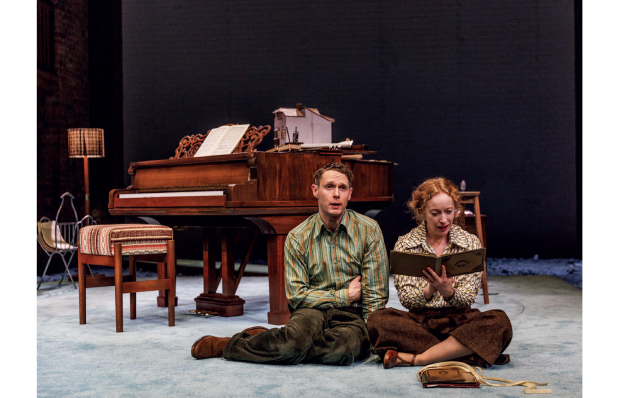






Comments
Don't miss out
Join the conversation with other Spectator Australia readers. Subscribe to leave a comment.
SUBSCRIBEAlready a subscriber? Log in